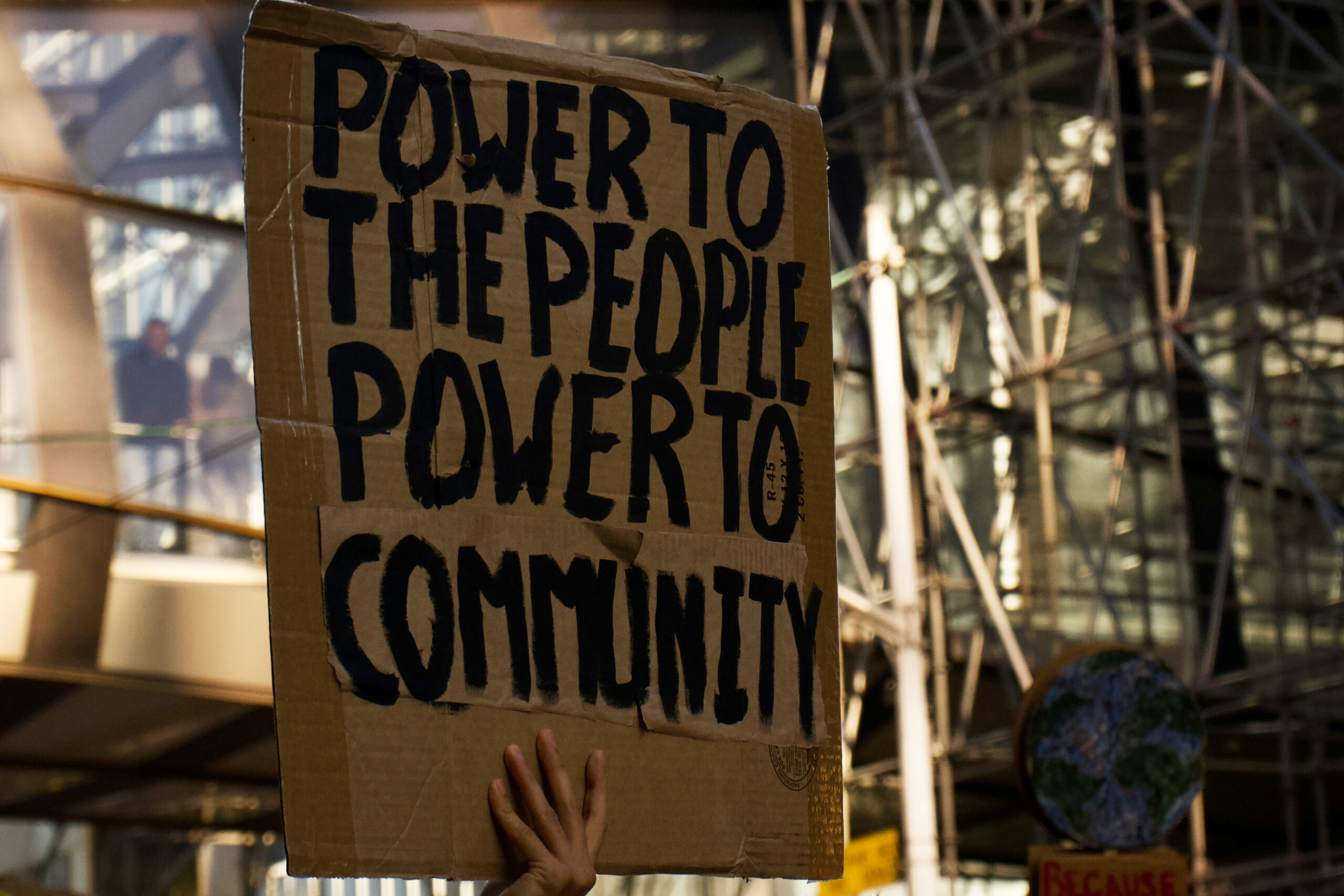
Photo of a building in Madrid, Spain (Source: Unsplash, Maria Teneva)
World Refugee Day, observed on June 20th every year, “celebrates the strength and courage of people who have been forced to flee their home country to escape conflict or persecution,” (UNHCR). It’s a day to recognise the courage, resilience and contributions of refugees and to show solidarity with those who have been forced to flee their homes due to conflict, persecution or violence.
On this day, various organisations, governments, and individuals come together to advocate for the rights and well-being of refugees. Various events are being held this year around the globe such as workshops, conferences, cultural exhibitions and film screenings to highlight the challenges faced by refugees.
Standing in Solidarity with Refugees
The UNHCR selects a theme each year to focus on specific aspects of the refugee crisis and to mobilise action and support. Previous themes have included “Together we heal, learn and shine”, “Step with Refugees”, and “With courage let us all combine”. This year, World Refugee Day focuses on solidarity with refugees – for a world where refugees are welcomed.
From 2000 to mid-2023, an alarming 110 million people have been forcibly displaced worldwide. Out of the 110 million people, 62.5 million are internally displaced people (IDPs), 6.1 million are asylum seekers, 36.4 million are refugees and 5.3 million are people who require international protection. Between 2018 and 2023, an average of 339,000 children were born as refugees per year.
More than two million Palestinian refugees
This year, World Refugee Day holds a deeper significance as the world witnesses a significant increase in the number of Palestinians displaced from their homes, adding to the already staggering global refugee population. Almost 2 million Palestinians have been forcibly displaced during Israel’s war on Gaza for the past 76 years. The recent conflicts and displacement in regions such as Gaza and the West Bank have intensified the humanitarian crisis, leading to a surge in the number of Palestinian refugees seeking safety and shelter. Their plight underscores the urgent need for international solidarity and action to address the root causes of displacement and to ensure the protection and rights of all refugees, regardless of their nationality or ethnicity.
The day serves as an opportunity to celebrate the strength and resilience of refugees who, despite facing immense hardships, continue to rebuild their lives and contribute to the societies they live in. It’s a reminder of the collective responsibility to provide assistance, support and protection to those in need of refuge and work towards finding sustainable solutions to forced displacement.
Refugees, asylum seekers and migrants
People who flee may have varying reasons as to why people leave their countries and are categorised as either “refugees”, “asylum seekers” or “migrants”.
According to Amnesty International,
“There are many reasons why it might be too difficult or dangerous for people to stay in their own countries. For example, children, women and men flee from violence, war, hunger, extreme poverty, because of their sexual or gender orientation, or from the consequences of climate change or other natural disasters. Often people will face a combination of these difficult circumstances.”
People who flee to escape from danger can either be “refugees” or “asylum seekers”. An asylum seeker is someone who has not yet been legally recognised as a refugee but is waiting to receive a decision on their asylum claim, whereas a refugee is someone who has fled the country to avoid human rights violations, something their own government cannot or will not protect them against.
However, the reason for leaving may not always be due to risk of danger. People also move to join other family members, to pursue better education, or to seek a better career and lifestyle. These people are referred to as “migrants”.
How can you show solidarity with refugees?
As we mark World Refugee Day in 2024, we have to stand in solidarity with the refugees. This means advocating for governments and organisations to provide humanitarian assistance, support peaceful resolutions to conflicts, and advocate for the fundamental rights and dignity of refugees and all those forced to flee their homes around the world.

We should also take concrete actions to support refugees, whether through advocacy, donations, volunteering, or efforts to promote inclusive policies and attitudes in our communities. If you would like to get involved more actively, the UNHCR has put together a list of ways through which we can show solidarity with refugees. Activities such as donating to UNHCR’s Aiming Hiring programme to support young refugees to pursue higher education, or by advocating for the day on social media (Facebook, Instagram, LinkedIn, Tiktok and Twitter) and making the conscious effort of staying updated on the status of refugees worldwide by reading latests stats and global trends of forced displacement along with how refugees are making an impact in their communities.
Read our collection of free-to-view academic articles
As our way of showing solidarity with refugees, we at the Global Souths Hub have put together a curated list of temporarily free-to-view Third World Quarterly (TWQ) and Central Asian Survey (CAS) articles that best articulate the status of refugees worldwide:
- The impact of the Afghan Refugees on ethnicity and politics in Baluchistan (Pakistan), Akbar S. Ahmed, Central Asian Survey, 13 Sep 2007
- Iraqi Refugees in Syria: causing a spillover of the Iraqi conflict? Reinoud Leenders, Third World Quarterly, 24 Dec 2008
- ‘Only by learning how to live together differently can we live together at all’: readability and legibility of Central Asian migrants’ presence in urban Russia, Emil Nasritdinov, Central Asian Survey, 23 Mar 2016
- ‘Occupied territory is occupied territory’: James Baldwin, Palestine and the possibilities of transnational solidarity, Timothy Seidel, Third World Quarterly, 29 Jul 2016
- Can smartphones empower labour migrants? The case of Kyrgyzstani migrants in Russia, Vanessa Ruget & Burul Usmanalieva, Central Asian Survey, 12 Apr 2019
- Educational infrastructure created in conditions of social exclusion: ‘Kyrgyz clubs’ for migrant children in Moscow, Ekaterina Demintseva, Central Asian Survey, 19 Dec 2019
- The politics of return: exploring the future of Syrian refugees in Jordan, Lebanon and Turkey, Ahmet Içduygu & Maissam Nimer, Third World Quarterly, 21 Oct 2019
- Between refugee protection and migration management: the quest for coordination between UNHCR and IOM in the Asia-Pacific region, Sebastien Moretti, Third World Quarterly, 11 Jul 2020
- Refugee recognition in Brazil under Bolsonaro: the domestic impact of international norms and standards, Leiza Brumat & Andrew Geddes, Third World Quarterly, 05 Jan 2023
- From financial inclusion to financial health of refugees: urging for a shift in perspective, Swati Mehta Dhawan, Kim Wilson & Hans-Martin Zademach, Third World Quarterly, 19 Oct 2023
The articles will be available temporarily as free-to-view until the end of July 2024.



